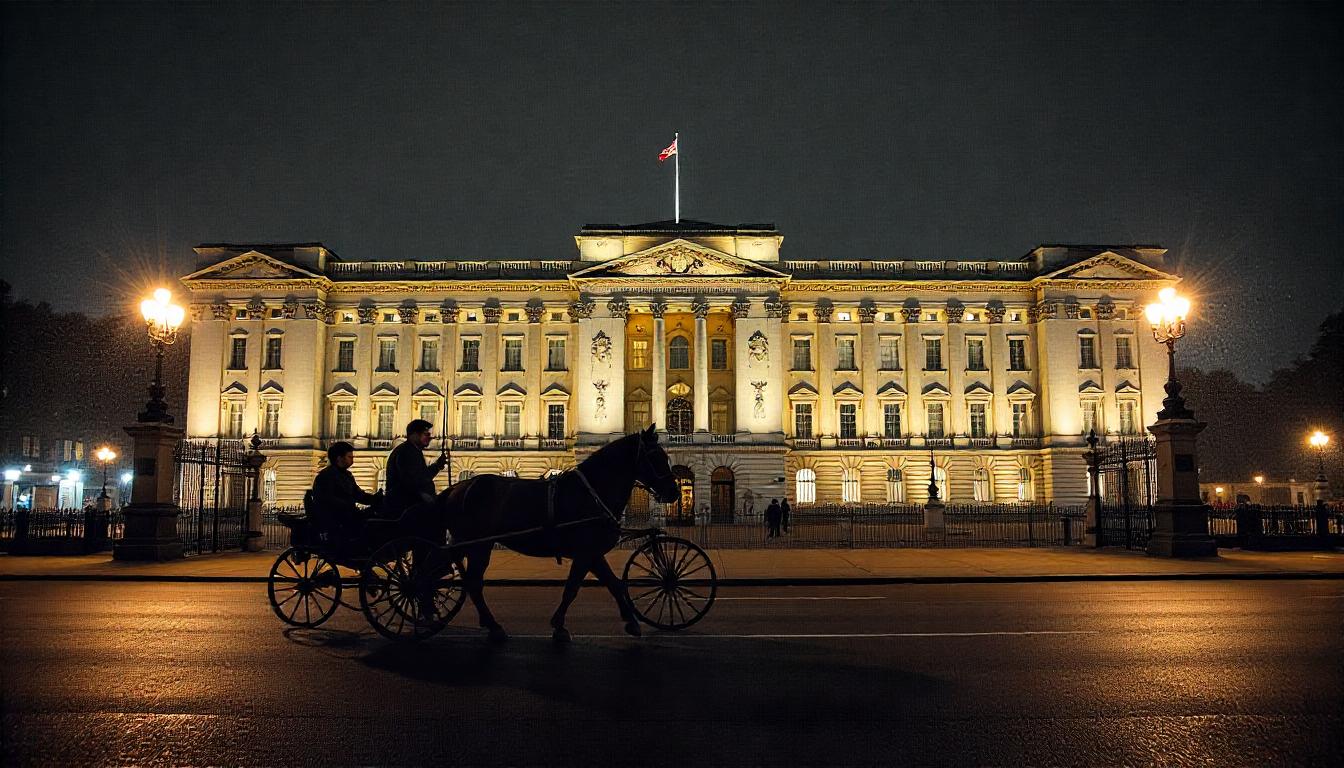Thursday, May 22, 2025
The UK is joining countries like the US, Canada, Austria, Switzerland, Croatia, Greece, Malaysia, and others in adopting tourist taxes—not to discourage visitors, but to strengthen its tourism sector by funding local services, preserving cultural landmarks, and managing the real costs that come with growing crowds. As more people travel and popular destinations feel the strain, asking tourists to pay a small nightly fee is quickly becoming a practical way to keep things running smoothly. Cities like Edinburgh, Manchester, and several coastal towns have already started to move in this direction, showing that the UK is no longer just watching the global trend—it’s becoming part of it.
In places like Edinburgh, Manchester, and Bournemouth, the idea of a visitor levy is no longer just theoretical—it’s happening. Scotland led the way by passing a new law in 2024, giving local councils the green light to charge a small fee on overnight stays. Starting in July 2026, tourists checking into hotels in Edinburgh will be paying a 5% accommodation tax, with the money going straight back into the city—to fund street cleanups, festivals, public transport, and other things that make the capital so appealing in the first place.
Other councils are watching closely. In the Highlands, where places like the Isle of Skye are feeling the squeeze from seasonal tourist waves, plans are taking shape for a similar charge. A public consultation is already underway, and implementation could follow in late 2026.
England isn’t far behind—but it’s had to get a bit creative. Since there’s no national law (yet) allowing for a formal tourist tax, cities are using Tourism Business Improvement Districts (TBIDs) to get the job done. Manchester kicked things off in 2023 with a £1-per-night charge across 70+ hotels. That’s expected to bring in over £3 million a year, funding everything from major events to late-night cleaning crews. Liverpool and the Bournemouth-Christchurch-Poole coastal region soon followed, charging £2 per night at larger hotels. Their aim? Improve the visitor experience while easing the burden on locals.
Then there’s London. Mayor Sadiq Khan has voiced strong support for a capital-wide tourist tax. City Hall’s floating a 5% overnight stay charge, which could rake in over €285 million annually. That’s a huge boost for the city’s overstretched public transport, policing, and green spaces—but it’ll take legal reform to make it happen.
Meanwhile, Wales is working on its own plan. The Welsh Government aims to introduce a flexible national framework by the end of 2024, allowing individual councils to create a system that fits their local needs—especially in coastal and rural areas feeling the strain from rising tourist numbers.
Following the World’s Lead
If this sounds like the UK’s playing catch-up, that’s because it is. Many other countries have already figured this out—and the list keeps growing.
The United States and Canada both rely on municipal or state-level hotel taxes. In cities like New York or Toronto, the combined taxes can easily top 10%, with proceeds going toward tourism boards, city maintenance, or public transit.
Austria, Switzerland, and Croatia all charge nightly fees that vary by region—small, yes, but meaningful when pooled and invested locally. In Greece, a new climate resilience tax took effect in 2024, ranging from €1.50 to €10, depending on your hotel class. It’s helping the country deal with the impacts of climate change on its tourism infrastructure.
Malaysia adds a flat RM 10 (~$2) per room per night for foreign visitors. Thailand introduced a 300 baht (~$9) entry fee for air travelers. New Zealand’s International Visitor Conservation and Tourism Levy (IVL) charges NZD $35, funneling that cash into environmental and infrastructure efforts. Even Bhutan, famously exclusive, charges visitors up to $200 a day—and travelers still come.
And of course, big names like France, Italy, Germany, Spain, Japan, Indonesia, South Korea, Mexico, and Turkey have been applying tourist levies for years. These are places where visitors don’t blink at a few extra euros on the hotel bill—because they see what that money supports. Clean beaches. Preserved monuments. Festivals. Free museums.
It’s Not About the Fee. It’s About the Future.
What’s important here isn’t just the money—it’s what it represents. A tourist tax signals that a destination values its community, its heritage, and its long-term sustainability. It asks travelers to be more than just consumers; it asks them to be contributors.
In most cases, the tax is so minor, it barely registers—especially when stacked against the cost of a flight or a luxury hotel. But pooled together, it can mean the difference between a town struggling to keep up with visitor numbers and one thriving with the support of steady tourism funding.
So, while the UK might be late to the party, it’s stepping into a smarter, more responsible version of global tourism—one where the benefits of travel are shared more fairly, and where the world’s most beautiful places are protected for generations to come.
Tags: Austria, Canada, Croatia, greece, malaysia, Switzerland, tourist taxes, travel industry, Travel News, UK, US
